FREE SPEECH 55: Can Universities Make Their Own Rules? With Jacob T. Levy
The United States, as Alexis de Tocqueville wrote in his account of the USA, is a country where people spend most of their lives in voluntary associations. He meant clubs, community organizations, and all sorts of activities that tie us together in communities which are not imposed on us by the state. How can we balance this fundamental right of free association (anchored, in the US, in the First Amendment), and the government's obligation to protect its citizens from unjust and illegal treatment?
Should the government intervene when there’s a speech controversy on campus? Or should universities be allowed to set their own rules, like other associations such as clubs, homeowner associations, or churches? Jacob Levy has written extensively about the tension between the idea that the state grants or restrict our liberties while allowing private associations to set their own rules for their members. When is the right moment for the state to interfere in a group's (a church, a baseball team, a religious sect, a school, a homeowners' association) rules? And when can a university assert its right to regulate itself without external pressure and political interference?
Professor Levy has thought a lot about the tension between allowing people to associate voluntarily in groups that have their own rules, and the state's obligation to make sure no one's constitutional or human rights are infringed upon. Universities here provide a special case. People enter them voluntarily, but then do they leave their constitutional rights at the college gate? Certainly not. So I asked Professor Levy how to make sense of the relationship between associations and the state itself. Can voluntary associations deprive members of rules set otherwise guaranteed by the state? In the context of the university, can the university have speech codes or codes of conduct that are different from those in the public square? How is this different from a church, temple or mosque, which imposes religious conformity on its members while the state allows for religious freedom, and even freedom from religion? Should the state intervene if a university does not grant a political speaker an opportunity to speak, and is this different from forcing a church to host a speaker who questions or attacks that religion?
Professor Levy offered a nuanced and precise definition of academic freedom, what constitutes academic speech and external commentary by faculty members, what the purpose of a university is, and how speech controversies turn exceptions into generalizations that will ultimately do more harm than good.
Professor Levy is the Tomlinson Professor of Political Theory and Professor of Political Science and Philosophy at McGill University. He is the author of Rationalism, Pluralism, and Freedom, and The Multiculturalism of Fear, and writes frequently about academic freedom, freedom of speech, and other issues of political importance.

